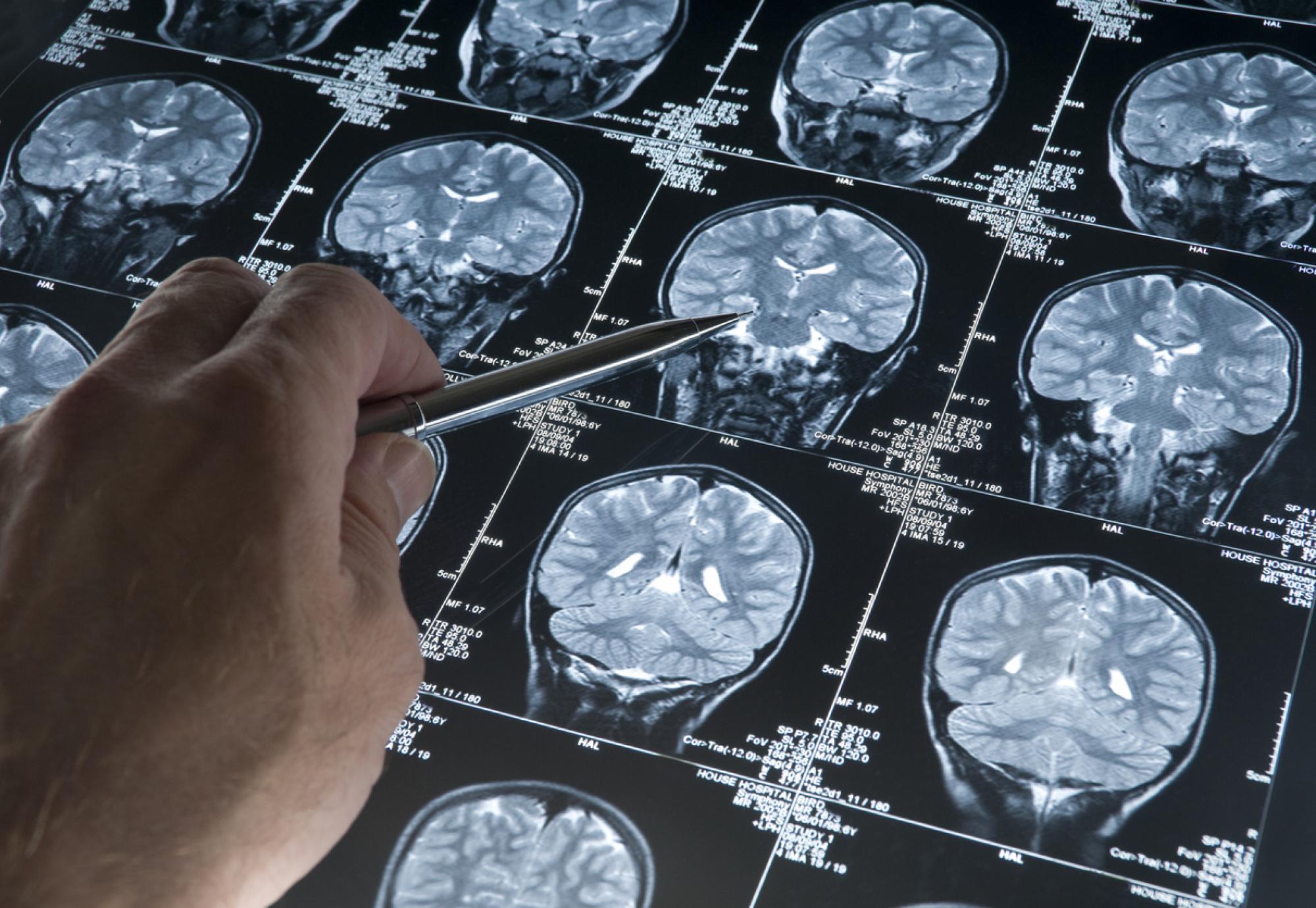Researchers are calling for more specialised services as new research indicates some brain tumour patients are “falling through the cracks” and not receiving enough mental health support.
The findings come from a University of Essex team led by Dr Katie Daughters who interviewed a range of patients and clinicians to investigate the psychological impacts of a rare brain tumour known as a craniopharyngioma.
This particular type of tumour grows near the pituitary gland and can lead to patients experiencing weight gain, visual disturbances and changes to their personality.
Adult-onset craniopharyngiomas typically affect people aged between 50 and 74 and although surgery survival rates are high, patients often suffer from psychological challenges after the fact.
A neurosurgeon who took part in the study described craniopharyngiomas as the “most horrible” conditions he treats while patients report feeling like completely different people pre and post-diagnosis.
“We understand that patients suffer a poorer quality of life, but until now, we haven’t actually asked patients, and the people who treat them, how the tumour has impacted their lives outside of hospital,” explained Dr Daughters.
“What we learned is that the impact can be devastating and, importantly, this study shows they’re not receiving the psychological support they need.”
The researchers found that, while physical symptoms did impact patients, it was the widely-prevalent mental health challenges like depression and anxiety that particularly concerned people.
Clinicians are therefore calling for more specialised mental health services in the long term and similar support to what cancer patients can access in the short term.
Dr Daughters hopes her work will also lead to doctors receiving more training although some patients feel just being able to share their experiences with people who have had the same diagnosis would help.
“Now we have a clear picture of the kinds of strengths and difficulties adult-onset craniopharyngioma patients experience in their day-to-day lives, we can design further studies to examine these processes and ultimately design new interventions to improve the social lives of these patients,” added Dr Daughters.
To access the full study results, click here.
Image credit: iStock.



















